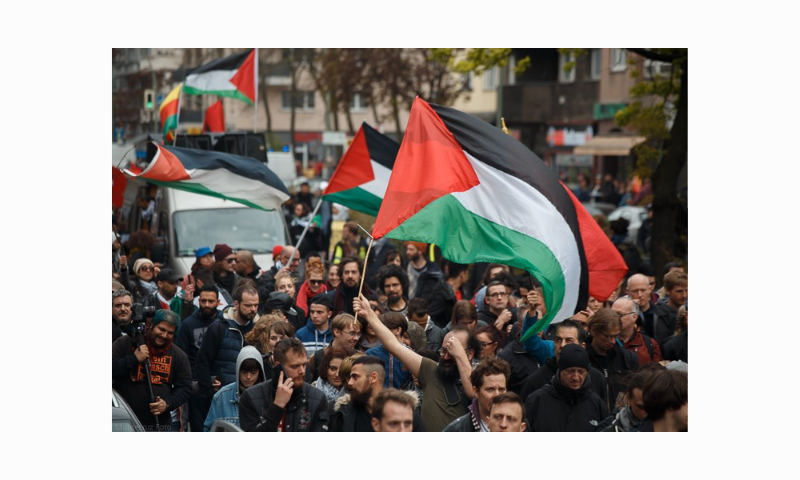Matti Steinberg
INSS, Feb. 22, 2023
“The strongest evidence for this is that while one generation has succeeded another, Palestinian national identity has not faltered.”
The relationship between an idea and its embodiment in an institution (which later becomes the establishment) is coiled and multi-dimensional. This generalization also applies to the subject at hand – the Palestinian issue. The origin of Fatah, the PLO, and the ruling body of the Palestinian Authority (PA) lies in the idea of Palestinian nationhood, but their establishment in organizational frameworks on the one hand gives the idea factual validity due to its realization, and on the other hand throws it to the test of historical reality, with all its constraints and complications.
The annals of Fatah and the PLO are strewn with examples of the gaps created by the clash between the abstract principle and the constraints of historical reality. Any effort to realize an idea generally requires adjustment of the idea in order to narrow these gaps. What is most striking in the history of Fatah and the PLO is the transition from denying any political settlement with Israel to the acceptance of an arrangement that grants a state and sovereignty to the Palestinian side. When the abstract principle crashed into reality, or in Jabotinsky’s terms, into the “iron wall” of reality, the Palestinians accepted the need for change.
There is no doubt that by morphing into an organizational framework, the Palestinian national idea took roots and grew among its target audience. But for that very reason the survival and urgency of this idea no longer depend on the status of the organizational frameworks that champion it. Undermining these frameworks (Fatah, the PLO and its organizations, and the PA) among the Palestinian public in the West Bank and Gaza Strip has not translated into less loyalty to Palestinian national identity. … [To read the full article, click here]


